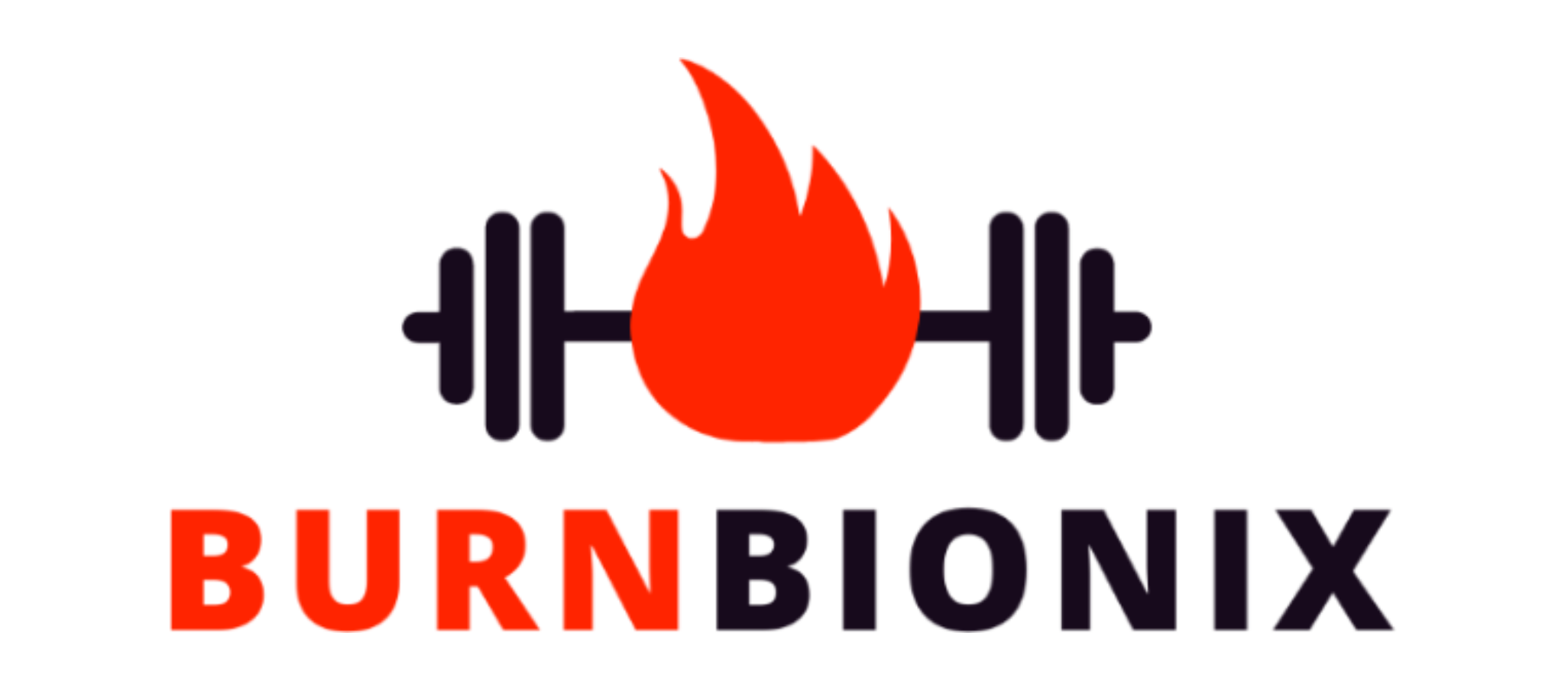When is the best time to workout for optimal gains? Early birds cite the benefits of an AM sweat session, while night owls defend the perks of an evening regimen. But the truth is, there’s no one-size-fits-all answer. The ideal training time depends on your unique chronotype and personal schedule. In this article, we’ll break down the pros and cons of morning versus evening workouts, equipping you with the insights to discover your perfect fitness biohack. Whether you’re most wired at sunrise or sundown, read on to uncover your ideal training time and start optimizing your workouts for maximal gains.
Benefits of Working Out In the Morning
Engaging in a morning workout can be transformative. Let’s explore the compelling advantages of starting your day with a fitness routine.
Establishes a Fitness Routine
Starting your day with exercise is one of the most effective ways to establish a consistent fitness routine. By working out first thing in the morning, you set the tone for an active, productive day. Knocking out a workout before your schedule gets filled eliminates the risk of obligations derailing your plans later on.
Many of us find it easier to motivate in the morning too – before the chaos and fatigue of the day sets in. Build the habit by waking up 30 minutes earlier for a quick workout. Once it becomes routine, you’ll be amazed at how much easier it is to stick with!
Boosts Metabolism and Energy
Need a boost to start your day strong? Morning workouts deliver! Studies show exercising before breakfast can increase your resting metabolism for the next 24 hours. A revved up metabolism means more calories burned all day long.
The rise in body temperature from physical activity is also great for increasing alertness and focus. Avoid that mid-afternoon slump by getting your blood pumping early.
Contributes to Better Sleep
Can’t seem to get enough deep, restorative sleep? Research shows consistent morning workouts can help improve sleep quality. They help sync our circadian rhythms and get our body primed for proper nighttime rest.
Avoid exercising too close to bedtime, as the stimulation can make it harder to wind down. But an earlier sweat session leads to falling asleep faster and waking more refreshed.
Potential for Weight Loss
For those with fat loss goals, morning workouts can be particularly effective. There’s emerging evidence that the body, in its fasted state during the morning, may optimize fat burning, especially in the abdominal area.
Fewer Schedule Conflicts
Morning workout routines often face fewer disruptions. By setting aside time early, you safeguard your fitness session from unexpected daily events or evening commitments. It’s a proactive approach, ensuring that regardless of how the rest of the day unfolds, your workout commitment remains unshaken.
Drawbacks of Morning Workouts
Potential Consistency Issues
For those who struggle with morning alertness, evening workouts might be a more realistic approach. Waking up early to exercise can be challenging if you are not a natural “morning person.” Attempting an AM fitness routine when your energy and alertness is lowest sets the stage for skipped workouts and lack of consistency. Be honest with yourself about your circadian rhythms and schedule your workout when you operate best.
Early Rising Challenges
If you aren’t naturally an early bird, it might be challenging to consistently get up for a morning workout. Having to wake up 1-2 hours earlier than normal can be difficult for those not wired to be at their peak performance first thing AM. Getting sufficient sleep is also crucial, so sacrificing rest to fit in an early workout may backfire in terms of energy and recovery.
Benefits of Working Out In the Evening
Evening workouts have been gaining traction, and for many valid reasons. As the sun sets, another cohort of fitness enthusiasts lace up, ready to break a sweat. If you’ve been pondering the merits of nighttime fitness, let’s delve into some of the advantages of choosing twilight as your preferred workout window.
Better Workout Performance
There’s something invigorating about an evening session. Thanks to the meals and, for some, the caffeine consumed throughout the day, your body is fuelled up and primed for action. This translates to increased energy and alertness, enabling you to potentially push harder, lift heavier, and sprint faster. For those aiming for personal bests or seeking to break plateaus, the evening can be a conducive setting for peak performance.
Stress Relief
A taxing day at work or home can accumulate stress. Enter evening workouts – your very own stress-busting ritual. Engaging in physical activity post-work allows you to channel your day’s frustrations into something productive. Beyond just physical gains, there’s a sense of mental and emotional release, helping you decompress and find equilibrium.
Muscle Building Potential
A study highlighted that men who trained during the evening experienced more benefits in strength training than morning exercisers. Researchers believe higher core body temperature later in the day may enable more intense muscle workouts. This can optimize hypertrophy and strength gains.
More Accountability Options
With the possibility of joining workout classes or partnering with friends, evening workouts can offer additional accountability. The social aspect can provide motivation to stick with your routine. Having an exercise buddy or group class obligation makes it harder to skip a scheduled evening sweat session.
Drawbacks of Evening Workouts
Evening workouts, though packed with advantages, also come with their set of challenges. Every silver lining has its cloud, and in the world of fitness, it’s crucial to consider all angles to determine what’s best for your unique journey. Let’s explore the other side of the coin when it comes to evening exercise sessions.
Potential Sleep Disruption
For most, an evening workout is the perfect segue into a night of restful slumber. But here’s the catch: some individuals may find their adrenaline still pumping hours post-workout, making it harder to drift off. The surge of endorphins, paired with an elevated body temperature, might make it challenging for certain individuals to wind down. This can disrupt the natural sleep cycle, impacting both sleep quality and duration. If you’re someone who finds themselves frequently tossing and turning post an evening session, you might want to re-evaluate your workout timing.
Inconsistent Evening Schedules
Let’s face it; evenings can be unpredictable. Be it last-minute work tasks, social engagements, or simply the fatigue of a long day, evening schedules can be more susceptible to disruptions. The more variables at play, the higher the likelihood of a workout getting sidelined. This inconsistency can impact fitness goals in the long run, making morning sessions—often free from such interruptions—a more reliable alternative for many.
Final Thoughts: Best Time to Work Out
Choosing the optimal time to workout can feel like a conundrum. As we’ve explored both morning and evening routines, it becomes evident that the ideal time boils down to personal factors that transcend scientific findings.
Individual Preference Reigns Supreme
The body’s clock, personal commitments, energy levels – all play pivotal roles in shaping one’s fitness journey. While studies offer fascinating insights into the physiological benefits of morning versus evening workouts, they don’t possess the definitive answer. What resonates with one individual might not hold true for another. Recognizing and respecting one’s preferences and daily schedules is the cornerstone of any successful fitness strategy.
Consistency is the Key
The old adage, “It’s not about having time, it’s about making time,” holds weight here. Whether you’re a dawn devotee or a dusk enthusiast, the magic truly lies in consistency. The results you seek, be it muscle gain, fat loss, or enhanced stamina, hinge on showing up consistently. The best time to workout is, unequivocally, when you can commit regularly, building a robust, sustainable fitness habit.
The Role of Individual Schedules
It’s crucial to take a step back and evaluate your day-to-day. Are mornings hectic, filled with tasks? Or do evenings often get consumed by impromptu plans? Understanding and anticipating these patterns will allow you to carve out a dedicated, feasible slot for workouts. By aligning your exercise regime with your routine, you set yourself up for success, ensuring regularity and progress.









